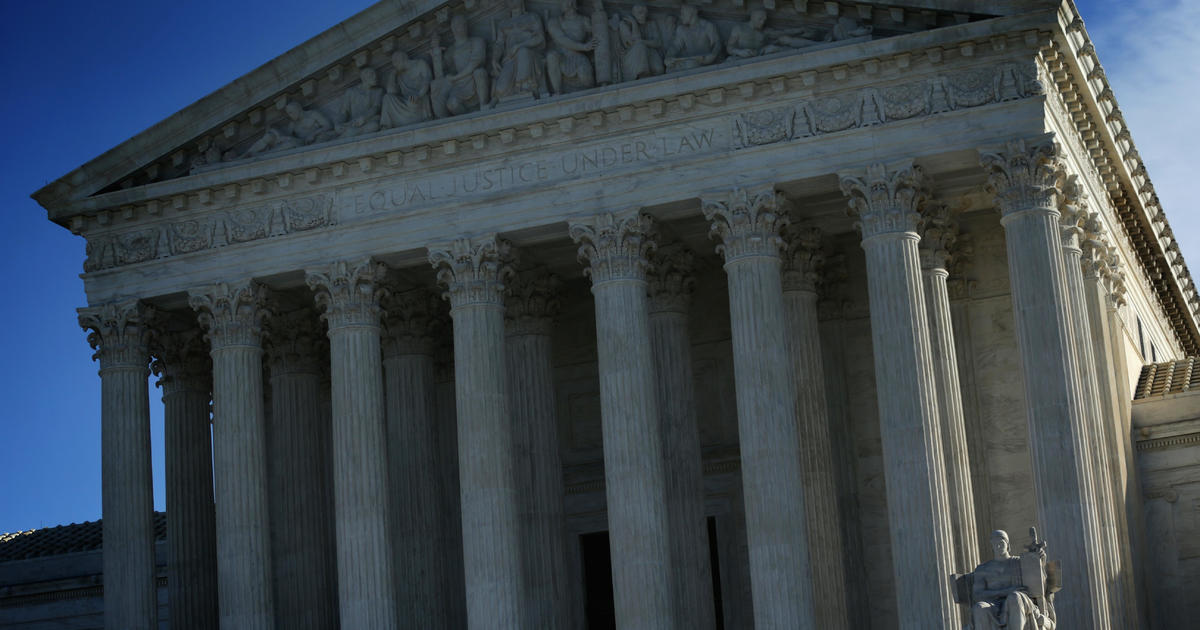The Supreme Court will hear arguments over Arizona’s ban on allowing third parties to deliver ballots and on out-of-precinct voting after a federal appeals court struck down the state’s measure for violating the Voting Rights Act.
Under Arizona law, so-called “ballot harvesting” is banned: only a family member, household member or caregiver is allowed to return a voter’s absentee ballot.
State and national Democrats first sued the battleground state over the restrictions ahead of the 2016 election, claiming the state’s policy of discarding ballots cast in the wrong precinct and imposing criminal penalties on people collecting and delivering other Arizonans’ ballots discriminated against the state’s Native American, Hispanic, and African American citizens.
First rejected by a district court, the San Francisco-based Ninth Circuit Appeals Court agreed in January with Democrats, ruling that they had shown that the laws “imposed a significant disparate burden” and had been passed because of “false, race-based claims of ballot collection fraud.”
The Supreme Court granted petitions Friday by Arizona Attorney General Mark Brnovich, a Republican, and state Republicans to consider undoing the lower court’s ruling. Though the appeals court struck down both measures, the court allowed the laws to remain in effect in Arizona, pending the Supreme Court’s decision, so the ban will stand through the November election.
Before the law went into effect, thousands of Arizonans, mostly non-white, had relied on ballot harvesting to cast votes.
Democrats argued state legislators had pushed for the law “to eliminate what had been an effective Democratic [get-out-the-vote] strategy,” especially among non-white voters who make up much of the party’s base.
The case adds to an already busy year of election litigation in Arizona between Democrats and Republicans in state and federal court. It also marks the latest split among the state’s top elected officials over election laws.
Republican Governor Doug Ducey filed a brief in June defending the measures “against an activist attack.” A month later, Arizona Secretary of State Katie Hobbs, who is a Democrat, called on the court to deny Republicans’ petitions for the court to hear the case.
“There is no higher priority for public officials than to maintain the integrity of elections,” Brnovich said in a statement Friday praising the court’s decision to hear the case.
“As we contend with a politically polarized climate and battle a global pandemic, we must sustain the cornerstone of our government and ensure the true will of the electorate is heard,” the attorney general added.
The court is scheduled to begin its new session next week, though no date for hearing the Arizona case has yet been disclosed by the court.
